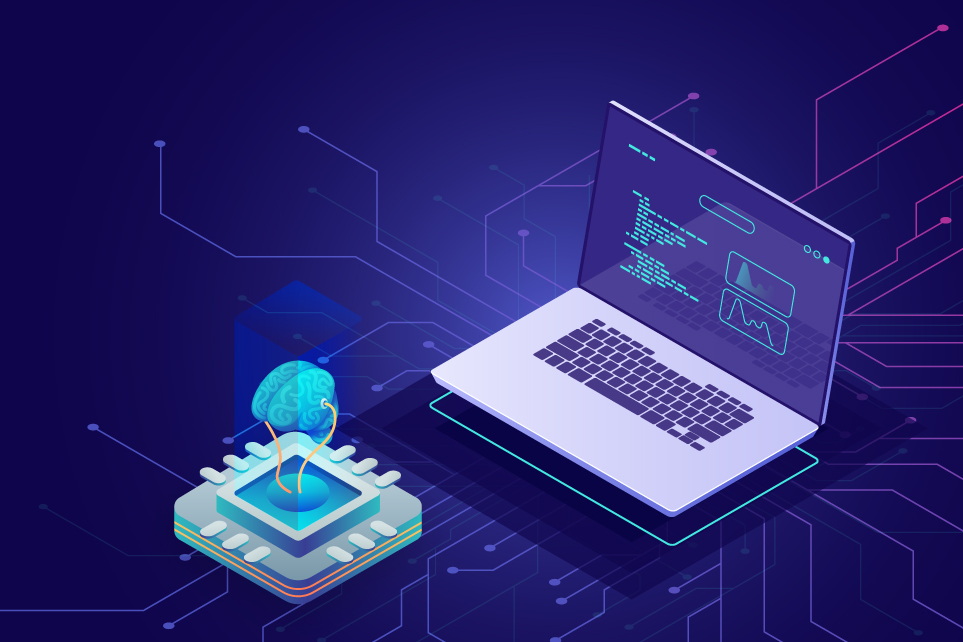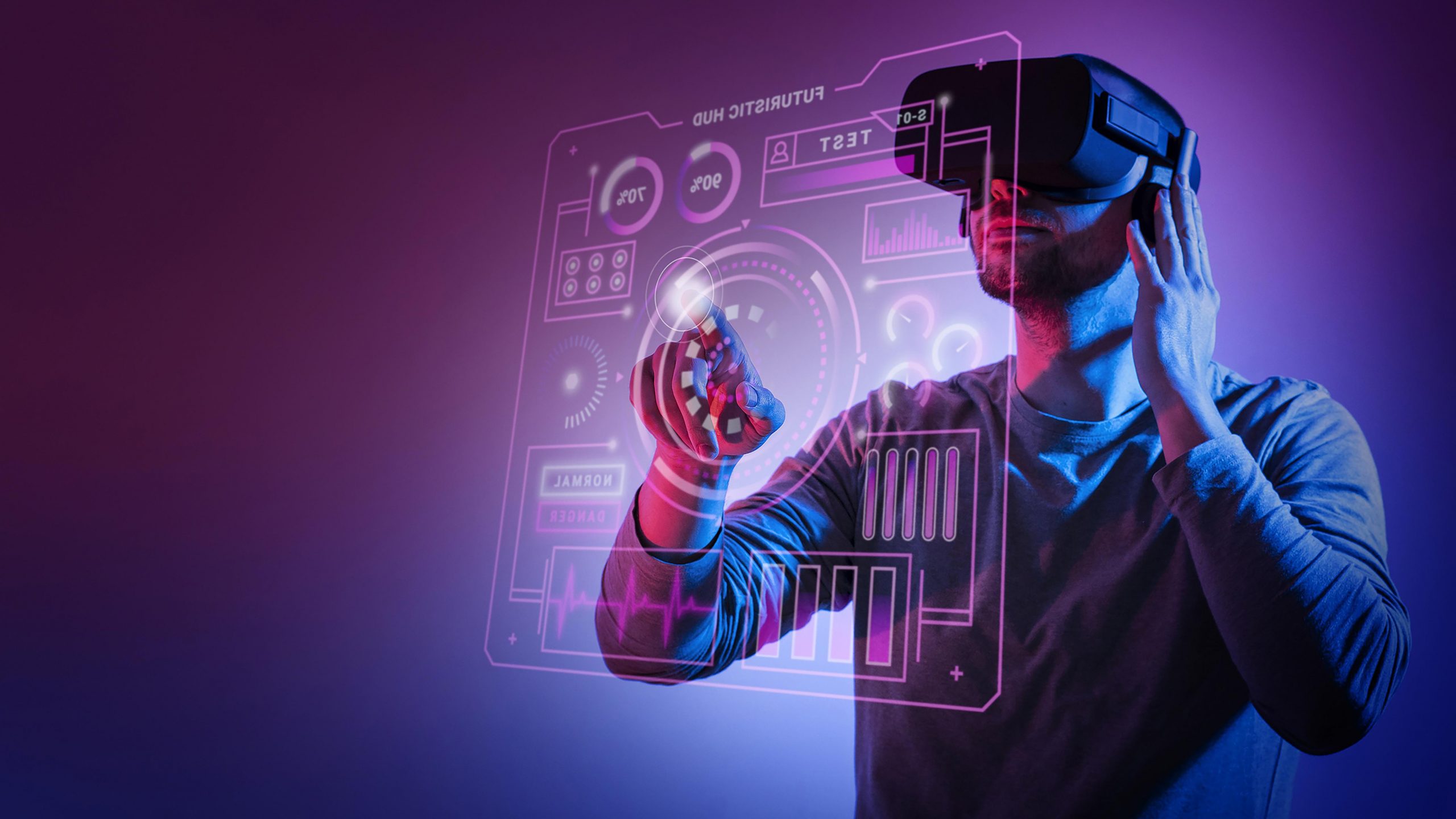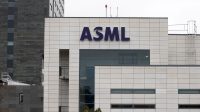In the world of Software Development
Software Development the need for speed is crucial. However, various time-consuming processes such as code review, documentation writing, and testing often hinder developer velocity. According to a source, developers lose 17.3 hours per week grappling with technical debt and dysfunctional code, slowing down the development cycle.
Matan Grinberg, a machine learning PhD, and Eno Reyes, a former data scientist at Hugging Face and Microsoft, recognized this challenge and set out to find a solution. Their journey began during a Hackathon in San Francisco, where they Software Development a platform capable of autonomously handling simple coding tasks. This platform showed tremendous promise, leading them to expand its capabilities and establish Factory, a company aimed at commercializing their creation.
Factory’s mission, as Grinberg explains, is to bring autonomy to software engineering by leveraging AI-powered systems. These systems, referred to as “Droids,” are designed to tackle repetitive and time-consuming software development tasks. The Droids cover various functions, such as code review, code refactoring, code generation based on prompts (akin to GitHub Copilot), documentation generation, test writing, and even providing insights into the engineering system via a knowledge Droid.
Factory’s Droids are built upon the foundation of the “Droid core.” This core includes an engine that processes an organization’s engineering data to create a knowledge base and an algorithm that extracts insights from this knowledge base to solve engineering challenges. The third component, the Reflection Engine, acts as a filter for third-party AI models, allowing Factory to implement its own safeguards and security measures.

The key value proposition for Factory is its ability to help engineering organizations deliver high-quality products faster, while simultaneously alleviating Software Development from the burden of mundane tasks like code review, documentation, and testing. Importantly, the autonomous nature of the Droids minimizes the need for extensive user training and onboarding.
The potential benefits of Factory are substantial. Software Development currently spend a significant portion of their time managing code, including testing and addressing security issues, leaving less time for actual coding. However, the critical question remains: can Factory consistently and reliably automate these development tasks?
AI, while powerful, is not infallible. Even the best AI models can make catastrophic errors. Furthermore, generative coding tools may introduce security vulnerabilities, as indicated by a Stanford study. Grinberg acknowledges that Factory relies on third-party AI models due to budget constraints, but he emphasizes that the platform still provides value by working with existing AI capabilities.
Factory’s long-term strategy is to develop more in-house AI models to create an “end-to-end” engineering AI system. They plan to differentiate these models by soliciting engineering training data from early customers. As they gain more capital and access to data, Factory aims to build robust, fully autonomous Droids tailored to specific customer needs.
While this vision may seem optimistic, it’s important to recognize the growing competition in the AI startup market. Factory has already made strides by partnering with approximately 15 companies, though they remain tight-lipped about their clients. These clients have used Factory’s platform to conduct thousands of code reviews and generate hundreds of thousands of lines of code, spanning from seed-stage startups to public companies.
Factory recently secured $5 million in seed funding from investors like Sequoia, Lux, SV Angel, and others. This capital injection will support the expansion of Factory’s team and enhance its platform capabilities.
The challenges in the AI code generation industry are trust and differentiation. Every VP of engineering aims to enhance their organization’s output through AI, but the unreliability of many AI tools and corporate hesitancy to embrace this technology hinder progress. Factory’s ambition is to create a world where software engineering becomes an accessible, scalable commodity.
Read more (AI)








